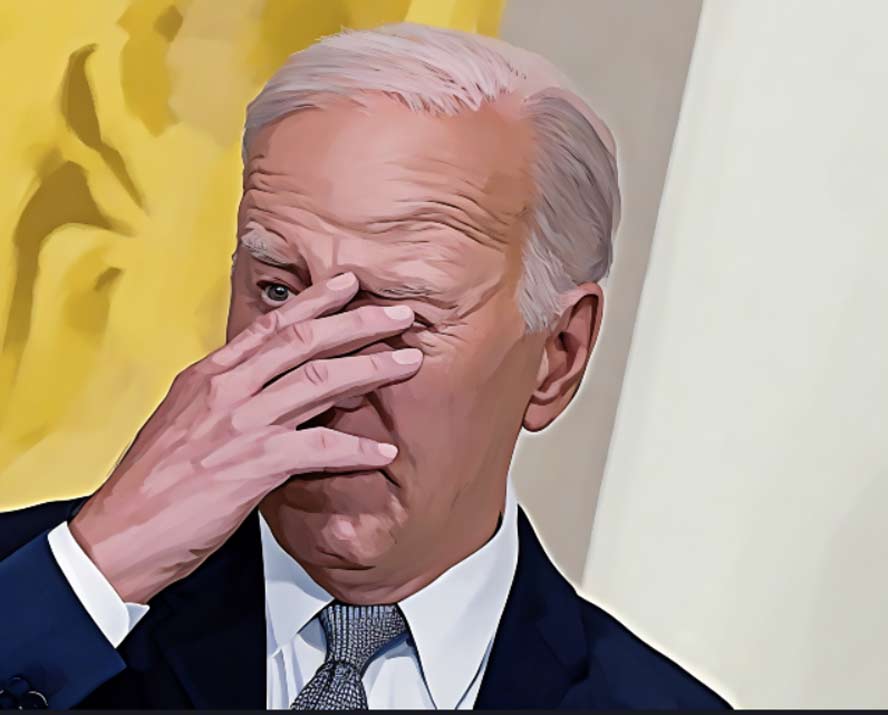
You know it's true: Giving in to a bully only encourages them to increase their demands. Most of us learned this as children. But some did not. And that's especially concerning when they grow up to become leaders responsible for the welfare of nations.
The most catastrophic leadership failure in modern times darkened the pages of history in September 1938. That's when Great Britain, France and Italy signed the Munich Agreement, ceding the western frontier of Czechoslovakia to Nazi Germany with no representative of the Czech government invited to the negotiations. Adolf Hitler promised to ask for nothing more.
Returning to Britain, Prime Minister Neville Chamberlain waved the document in the air and proudly declared, "I believe it is peace for our time." One year later, the German army attacked Poland, plunging Europe and the world into war.
Reflecting on those events six decades later, the revered British journalist and broadcaster Alistair Cooke recalled how Chamberlain's proclamation "prompted a huge cheer, first from a listening street crowd, then from the House of Commons, and next day from every newspaper in the land."
We know the end of the story. Neville Chamberlain, considered a candidate for the Nobel Peace Prize, set the stage for the Second World War, the fall of Europe and the Holocaust. One man's utopian fantasy beguiled a populace too fainthearted to confront the reality before their eyes. Between 70 and 85 million people lost their lives.
The lesson the world has yet to learn is the fallacy of this week's entry into the Ethical Lexicon:
Appeasement
The irrationally optimistic strategy of making concessions to an aggressive power in an attempt to avoid conflict.
A century before the war, German historian Friedrich Hegel observed, "The only thing we learn from history is that we learn nothing from history." Which explains how, in July 2015, the United States, Great Britain, France, Germany and the European Union joined Russia and China to sign a nuclear deal with Iran.
As part of the "Joint Comprehensive Plan of Action," Iran pledged assurance that under no circumstances would it ever seek or develop nuclear weapons. The other signatories guaranteed immediate removal of economic sanctions, allowing the release of an estimated $150 billion.
The impact of appeasement was predictable and predicted. No longer strapped for cash, Iran financed the terrorist organizations Hezbollah, Hamas and Islamic Jihad in their campaign against Israel, supported Bashar al-Assad in his cruel repression of the Syrian people, and armed Houthi militants in Yemen.
Apparently, Barack Obama considered that collateral damage the cost of doing business. In an interview with Thomas Friedman of The New York Times, the president argued that history should judge him on only one thing: "Does this deal prevent Iran from breaking out with a nuclear weapon for the next ten years, and is that a better outcome for America, Israel and our Arab allies than any other alternative on the table?"
The victims of Oct. 7, Assad's brutal campaign and the Iranian people trapped under radical theocracy would likely take issue with Mr. Obama's assessment. But aside from Iran exporting terror, 10 years later the West has Prime Minister Benjamin Netanyahu and Israel to thank — not Barack Obama — for turning Iran back from the cusp of acquiring nuclear weaponry.
Again, history repeats itself. In 1981, it was Israeli Prime Minister Menachem Begin who ordered the bombing of Iraq's Osirak reactor before it could come fully online. Ten years later, Western leaders forget their earlier condemnation of Mr. Begin and praised the foresight that denied Saddam Hussein access to nuclear material.
Peace ranks among the most noble of human values, introduced to the world in Jewish writings and encapsulated in the words of Hillel the Elder: "Be a disciple of Aaron, loving peace and pursuing peace, loving mankind and drawing them close to righteousness."
However, no matter how princely an ideal peace might be, you can never make peace with those who refuse to make peace with you. Mr. Netanyahu has articulated this message with irrefutable clarity: "When enemies vow to destroy you, believe them."
Any policy of appeasement leads down only one road. Though paved with good intentions, history makes clear where that road leads.
Previously:
• Greta Thunberg Sails Toward Moral Hypocrisy
• Checking More Boxes Is Not the Solution
• Why Sometimes NOT Seeing Is MORE Believing
• A Healthy Diet for the Brain Promotes Ethical Clarity for the Mind
(COMMENT, BELOW)
Rabbi Yonason Goldson graduated from the University of California at Davis with a degree in English, which he put to good use by setting off hitchhiking cross-country and backpacking across Europe. He eventually arrived in Israel where he connected with his Jewish roots and spent the next nine years studying Torah, completing his rabbinic training as part of Ohr Somayach's first ordination program. After teaching yeshiva high school for 23 years in Budapest, Hungary, Atlanta, Georgia, and St. Louis, Missouri, Rabbi Goldson established himself as a professional speaker and advisor, working with business leaders to create a company culture built on ethics and trust. He has published seven books and given two TEDx Talks, is an award-winning host of two podcasts, and writes a weekly column for Fast Company Magazine. He also serves as scholar-in-residence for congregations around the country.


 Contact The Editor
Contact The Editor
 Articles By This Author
Articles By This Author